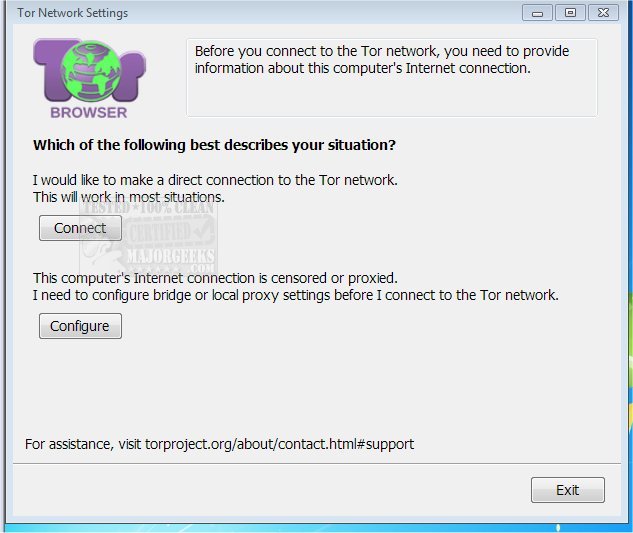

Non-governmental Organizations (NGOs) Use Tor To Allow Their Workers To Connect To Their Home Website While They're In A Foreign Country, Without Notifying Everybody Nearby That They're Working With That Organization. Journalists Use Tor To Communicate More Safely With Whistleblowers And Dissidents. Individuals Also Use Tor For Socially Sensitive Communication: Chat Rooms And Web Forums For Rape And Abuse Survivors, Or People With Illnesses. Tor's Hidden Services Let Users Publish Web Sites And Other Services Without Needing To Reveal The Location Of The Site. Individuals Use Tor To Keep Websites From Tracking Them And Their Family Members, Or To Connect To News Sites, Instant Messaging Services, Or The Like When These Are Blocked By Their Local Internet Providers. Brave blocks all the phishing and micromanaging websites that track every move of yours so that you can browse safely and freely. Its a lightweight, fast, secure, and private web browser with ad blocker and pop-up blocker. Tor Provides The Foundation For A Range Of Applications That Allow Organizations And Individuals To Share Information Over Public Networks Without Compromising Their Privacy. Brave is an open-source browser that is originally based on Chromium. It Also Enables Software Developers To Create New Communication Tools With Built-in Privacy Features.

Tor Is A Network Of Virtual Tunnels That Allows People And Groups To Improve Their Privacy And Security On The Internet.


 0 kommentar(er)
0 kommentar(er)
